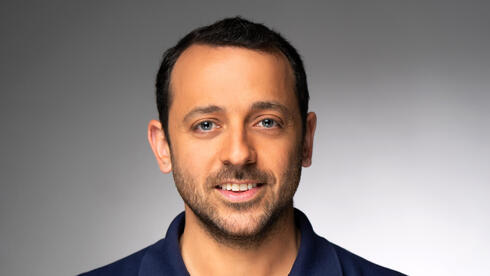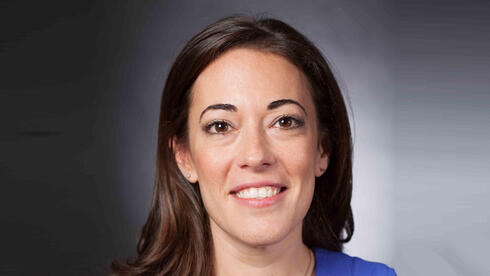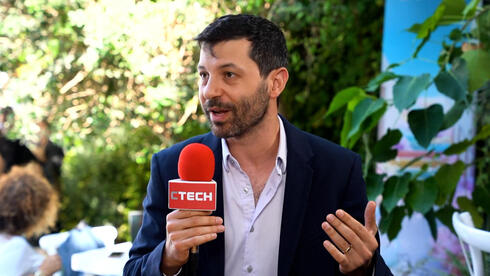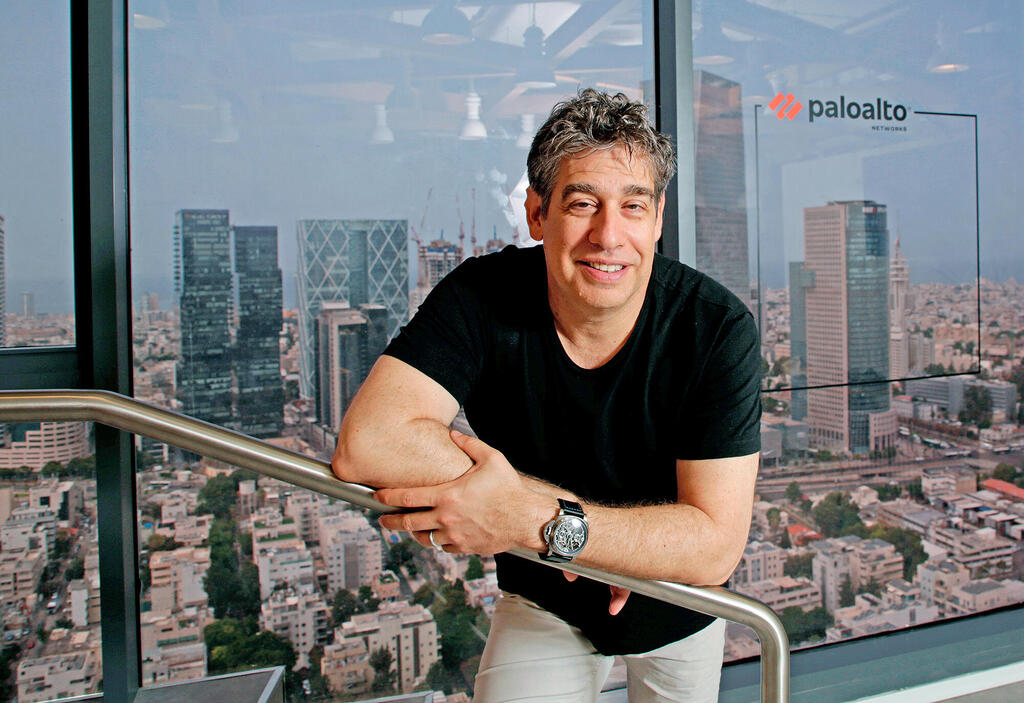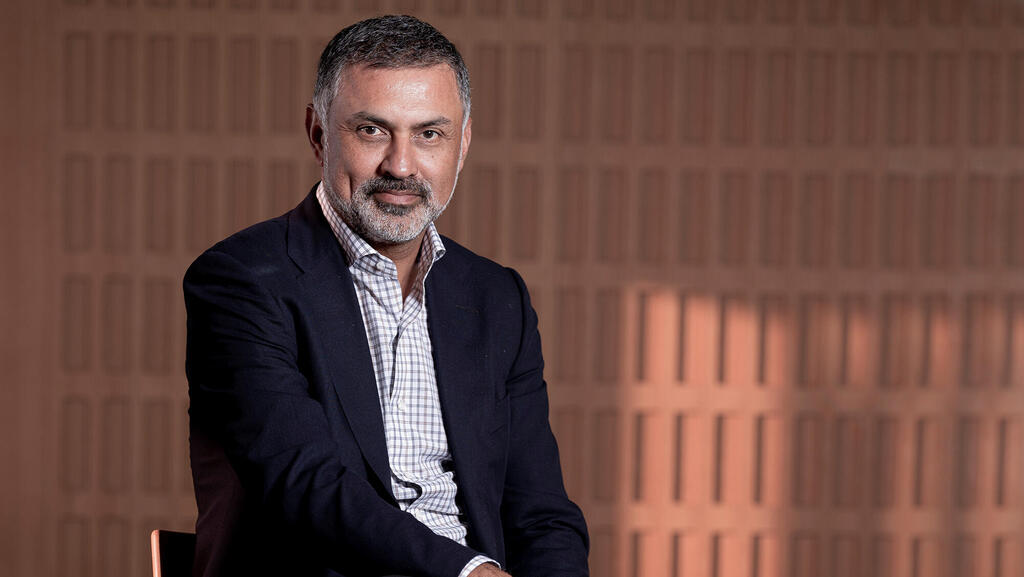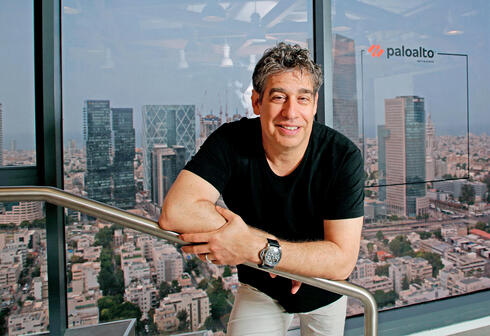
Inside Nir Zuk’s departure and Palo Alto’s next gamble
The founder’s exit leaves CEO Nikesh Arora alone to steer a $25B merger and a global cyber empire.
Nir Zuk’s retirement from Palo Alto Networks, announced on Monday night, is perhaps the most surprising yet unsurprising event that could have happened. Zuk, who founded the cybersecurity giant exactly twenty years ago, has not been deeply involved in its operations in recent years. Instead, he has devoted much of his time to various ventures, from Air Haifa, a local airline, to a struggling Israeli communications project, to the establishment of a digital bank. For that reason, had he announced his retirement as Chief Technology Officer (CTO) a year ago, or even a month ago, the move would likely have been met with little more than a shrug.
But Zuk’s retirement in August 2025 is intriguing because of its timing. Just weeks earlier, at the end of July, Palo Alto announced the biggest and boldest move in its history: the $25 billion acquisition of Israeli cybersecurity company CyberArk. Investors were less than enthusiastic. The stock plunged on the news, has since recovered slightly, but is still trading around 10% below its pre-announcement level.
Why would the company’s central technological figure, and the only Israeli in its senior management who could easily converse with Udi Mokady, CyberArk’s executive chairman, choose to retire precisely as his “baby” embarks on such a decisive step? The CyberArk deal could, on the one hand, propel Palo Alto to new heights. Yet it also carries many risks and uncertainties that, at least for now, seem to outweigh the potential rewards. It is an extraordinary move: Palo Alto, despite being a serial acquirer, has never before attempted to buy a company worth more than $1 billion, nor has it acquired anything beyond the startup stage.
The mergers and acquisitions strategy built by CEO Nikesh Arora together with Zuk was based on acquiring technologies that had already become products with initial sales and could be relatively easily integrated into Palo Alto’s sales engine. Until now, it had never involved absorbing more than a few hundred employees. With CyberArk, the company must now integrate nearly 3,000 employees and a sales machine expected to generate over $1 billion in annual revenue in 2025.
Although Zuk has always given Arora full credit for acquisition decisions - “Nir Zuk has his opinions, but he is not the one who decides. I am the CEO,” Arora told Calcalist three years ago - Zuk’s absence from the Israeli press briefing on the CyberArk deal was notable. Only Arora and Mokady were present.
And then there is the fine print: Zuk is not only stepping down as CTO but also resigning his seat on the board of directors, and it all takes effect immediately. According to the company’s filing with the U.S. Securities and Exchange Commission: “Zuk announced on August 13 that, effective August 14, he is stepping down from all of his positions.” Unsurprisingly, Palo Alto was prepared with a successor. Lee Klarich, until now the Chief Product Officer at the company, has been named both CTO and board member. In short, after years of gradually stepping back, Zuk is cutting ties in one decisive move, and at a puzzling moment. It is not inconceivable that, with Palo Alto undertaking such a monumental acquisition, Zuk was asked to either commit fully to leading the technological integration of CyberArk or to step aside and allow someone else to do it.
Palo Alto’s stock rose 5% on Tuesday, but this was mainly due to better-than-expected quarterly earnings announced at the same time as Zuk’s retirement. For investors, the news is not especially dramatic: Zuk is indeed seen as a visionary, but the person steering the company has long been Arora, the former No. 2 at SoftBank and No. 4 at Google, who has led Palo Alto since 2018 and turned it into the industry’s largest player. That leadership is reflected both in its renewed $120 billion market value and in its revenue forecast, expected to surpass $10 billion in the coming year, making Palo Alto the first cybersecurity company in history to reach that milestone.
For Israeli high-tech and the local cyber ecosystem, however, Zuk’s retirement carries weight. It raises questions about how committed Palo Alto will remain to expanding its development center in Israel and whether it will continue to serve as the “exit strategy” for local startups. Until now, Palo Alto has been Israel’s leading acquirer, employing about 1,000 people locally in its largest development center outside the U.S. and acquiring no fewer than 12 Israeli companies, half of its total acquisitions, to the tune of nearly $3 billion (excluding the CyberArk deal). While Palo Alto’s presence in Israel is set to grow further after the CyberArk acquisition, Zuk’s departure means the company no longer has any Israelis in senior management. It is now, for all intents and purposes, an American company, albeit one that maintains a major development footprint in Israel, as many U.S. firms do.
On Palo Alto’s conference call, Arora described Zuk as “a true titan of this industry. He didn't just start a company. He started ש revolution with the next-generation firewall, forever changing the security landscape.” It was a glowing tribute, though one that came only briefly at the end of a lengthy discussion about the company’s technology.
How did Zuk become such a central figure in global cybersecurity, someone regarded, alongside Gil Shwed of Check Point (who also recently stepped back), as one of the industry’s defining visionaries? In part, by embracing the role of the industry’s bad boy and nonconformist. This unconventional character may also support the claim that his departure was not about the CyberArk deal at all: Zuk is Zuk, and he does what he wants, when he wants. After all, what other cybersecurity entrepreneur who spent most of his adult life in the U.S. would suddenly decide to establish a small airline in Israel, based in Haifa? Or what cyber entrepreneur would decide to fight for the future of Israeli democracy by launching a current affairs video platform, as he did with Relevant, which shut down at the end of 2024 after burning through a substantial amount of money. And that is not all. In addition to his “routine” startup investments, Zuk is also working on establishing a digital bank called Esh, which received a license to operate at the end of 2022 but whose launch has since been delayed.
Zuk (54) came of age in the 1990s and enlisted in Unit 8200 when it had not yet become the assembly line for cyber entrepreneurs it is today. There, he met Gil Shwed, a few years older than him, already a reservist in the unit, who recruited him to become Check Point’s third employee. Signing that employment agreement was probably the last time the two saw eye to eye. Five years later, Zuk left with a bang and moved to the United States. Shwed believed the company should focus on a single product line and perfect it, an approach Check Point has largely followed for 30 years. Zuk, by contrast, believed even then that a cybersecurity company should offer customers a full spectrum of protections, an approach that ultimately defined Palo Alto Networks. While debate continues in the professional community over whether it makes sense to buy all security solutions from a single supplier, Wall Street has already decided in Zuk’s favor: Palo Alto’s market capitalization is six times greater than Check Point’s and it sells in one quarter what Check Point sells in a year.
One of the questions now raised by Zuk’s retirement relates to his past insistence that the only cyber category Palo Alto had little interest in was identity management, the very domain where CyberArk operates. The field has been undergoing major change in light of the AI revolution, which is creating vast numbers of non-human identities that serve as potential entry points for attackers. That shift has fueled CyberArk’s surge in revenue and valuation, even before the deal.
Over the years, Zuk and Shwed also came to embody two very different management philosophies. Shwed only relinquished the CEO role at the end of 2024, while Zuk never aspired to it at all. In a 2019 interview with Calcalist, he explained: “I’m not good at it, I don’t like it, and I think technical people need to choose early in their careers what they really want, to manage people or to manage technology. Every hour I spend dealing with investors, analysts, or personnel issues is an hour I’m not investing in the company’s future. I’m much better at technology. I’ve never been a CEO or chairman, and I never will be.” In all his ventures, Zuk remained true to that principle, consistently avoiding active management roles.
Along the way, there were also pointed jabs. While working at Netscreen, he drove around California with a license plate reading CHKPKLR - short for “Check Point Killer.” In 2013, after Palo Alto was crowned the world’s leading cybersecurity company, he placed a billboard along the Ayalon Highway near the Tel Aviv Stock Exchange, not far from Check Point’s offices, with the slogan: “You have just passed Check Point. And so have we.”
Between Check Point and Palo Alto, Zuk founded another company called OneSecure. At the age of 30, he sold it to Netscreen for $45 million. Two years later, Netscreen itself was sold to Juniper for $4 billion, and Zuk became Juniper’s CTO at just 33. But large organizations and management bureaucracy were not to his taste, and he soon left to found Palo Alto.
As Palo Alto expanded - the company now employs around 15,000 people - Tsuk began to grow restless and pursue new ventures. Although he spent most of his career in the U.S., he returned to Israel during the COVID-19 pandemic, which also led to an uptick in local investments. More recently, he has returned to the United States.
In the process, Zuk has of course become wealthy. Today, his stake in Palo Alto amounts to less than 2%, but given the company’s valuation, it is worth around $2.5 billion, not including annual compensation packages worth tens of millions of dollars and lucrative option grants.
Palo Alto’s announcement described his exit as a “retirement,” but it will almost certainly not be a quiet one. More likely, it will free him to pursue new ventures. In recent years, he has often advised young Israeli entrepreneurs not to enter the crowded cybersecurity space. The real question now is whether he himself will heed that advice, or whether the temptation to return to his old hunting ground will prove too strong. And who knows, perhaps one day he and Shwed will finally sit down for coffee, now that both are, in their own ways, retired.





